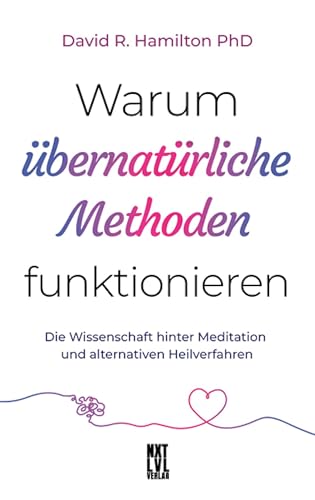What do you think?
Rate this book


381 pages, Kindle Edition
Published June 19, 2022
“The Oxford University Press’s definition of woo-woo is ‘Unconventional beliefs regarded as having little or no scientific basis, especially those related to spirituality, mysticism, or alternative medicine. The term is believed to have been coined in the 1980’s, possibly in imitation of the wailing sound associated with ghosts and the supernatural.”
“Meditation is an example of how a mystical practice becomes mainstream once the science is known and enough people are doing it.”
“This is my simple religion. There is no need for temples; no need for complicated philosophy. Our own brain, our own heart is our temple; the philosophy is kindness.” HH the Dalai Lama
“To a large extent, the brain doesn’t distinguish real from imaginary, and this underpins some aspects of the placebo effect. When you imagine that something is happening, it really is happening as far as your brain is concerned, and it releases the chemical substances necessary to confirm that what you’re imagining is indeed real.”
“As airy-fairy as it sounds,we might find that on occasion, we could swap a couple of ibuprofen for a peace lily or a rubber plant.”